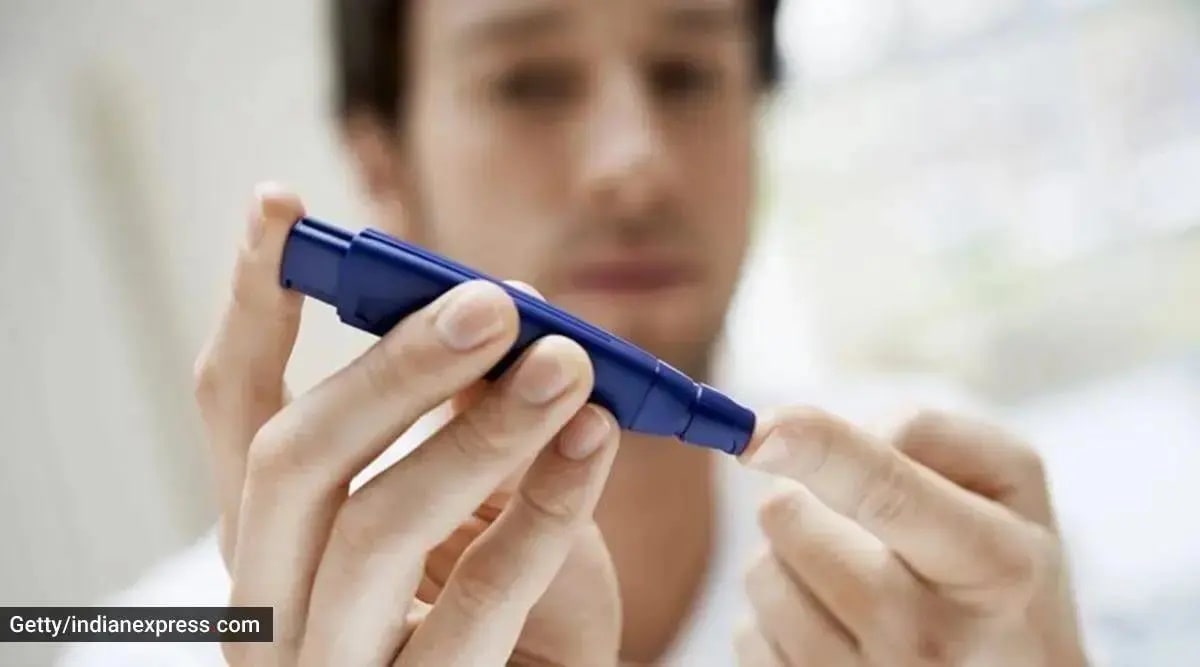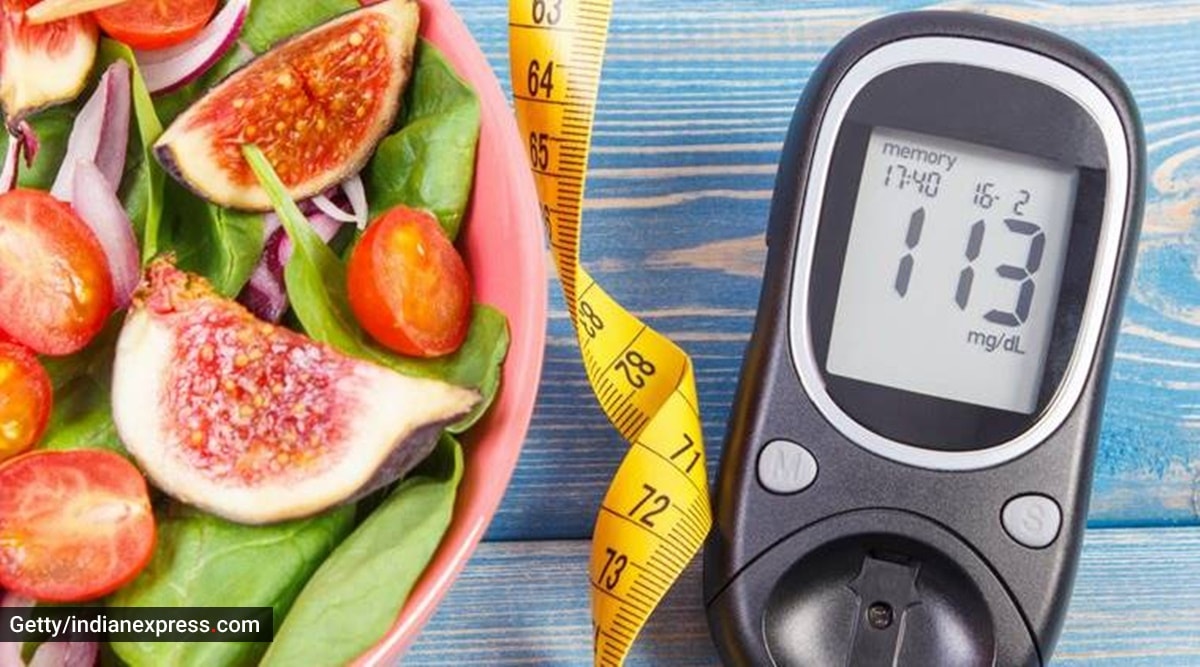
Warmth waves in India are taking place routinely and severely due to local climate modify, with above 90 for every cent of the region in the “extremely cautious” or “danger zone” of their impacts, in accordance to a new examine. Executed by Ramit Debnath and colleagues at the University of Cambridge, the analyze posted in the PLOS Local weather journal disclosed that Delhi is specially vulnerable to severe warmth wave impacts, nevertheless its latest condition motion plan for local weather alter does not replicate this.
The review claims to be the initial to include things like a “heat index”, which steps how very hot the human physique feels relative to surrounding problems when humidity and air temperature are included jointly, documented GatesCambridge.org. “So, we could determine out how excessive warmth definitely affects persons,” mentioned initially creator Debnath, Cambridge Zero Fellow at the University of Cambridge. “It assisted us figure out what desires to be done to make improvements to how India steps its vulnerability to weather modify.”

The analyze comes in the wake of a lot of locations in India dealing with soaring temperatures. In point, the Indian Meteorological Department issued a warning on the likelihood of heat strokes and questioned men and women to stay away from stepping out in the afternoon. As these types of, we achieved out to gurus to fully grasp how exactly warmth waves have an affect on wellness and, specially individuals with long-term disorders like diabetes.
Dr Tushar Tayal, guide consultant, Division of Interior Drugs, CK Birla Hospital, Gurugram mentioned that diabetics, especially, have to be thorough due to the fact significant heat can negatively impact sugar levels. “High environmental temperature results in abnormal sweating. When coupled with diminished drinking water ingestion, a person can turn out to be dehydrated, which triggers the blood to develop into concentrated and sugars to raise. If heat publicity proceeds, the physique releases tension hormones such as cortisol and vasopressin which, in turn, enhance the body’s inherent glucose production producing the sugar concentrations to spike,” reported Dr Tayal.
 It is vital to observe your blood sugar stages (Source: Getty Illustrations or photos/Thinkstock)
It is vital to observe your blood sugar stages (Source: Getty Illustrations or photos/Thinkstock)
Stressing that diabetics have a tendency to get dehydrated speedier than non-diabetics and a lot more very likely to get a heat stroke also, Khushboo Jain Tibrewala, founder, The Overall health Pantry, nutritionist and diabetic issues educator, explained, “This is predominantly due to the fact over many years, diabetic issues can impression the blood vessels and nerves. So the natural cooling systems of the entire body are compromised. Very long-phrase kidney damage tends to participate in a part far too. As a result, it is important for diabetics to maintain their entire body temperature throughout summer months months.”
The high blood sugar amounts may further bring about improved frequency of urine foremost to much more dehydration, reported Dr Shibani Ramchandran, medical affairs, Metropolis Healthcare Ltd. “High temperatures might also impact the way insulin is utilised by the body, which may possibly bring about blood sugar fluctuations if not monitored often. In quite a few regions in India, humidity also happens alongside with heat even more placing diabetes administration ideas for a toss,” stated Dr Ramchandran.
“Speak to the medical professional and regulate the insulin dosage. Try to monitor your blood sugar degrees at least after in two times,” pressured Dr Aniket Mule, internal drugs qualified, Wockhardt Clinic, Mira Highway.
Yet another aspect that is to be retained in brain is that medications and insulin if not saved adequately can eliminate their efficiency owing to higher warmth which in flip will influence sugar stages, pointed out Dr Tayal. “If insulin has been uncovered to warmth and turns into cloudy or grainy or has a brownish colour, it may possibly have been damaged and ought to not be applied. To reduce insulin from getting damaged by heat, it is ideal to keep it in a cool area, these types of as a refrigerator or a cool bag. However, be careful not to freeze the insulin. If you are uncertain about whether your insulin has been destroyed, it is significant to discuss with your health care expert for guidance,” explained Dr Sandeep Reddy, senior endocrinologist, Kamineni Hospitals, Hyderabad.
Dr Tayal outlined down sure way of life tips that a particular person can observe to retain blood sugars less than regulate
*Consume at minimum 1.5-2 litres of water or fluids each day. “Eat your water – this hydrates you superior. Eat watery foodstuff like cucumber, watermelon, citrus fruits or a blended greens juice. Drinking water receives absorbed greater,” explained Tibrewala.
Dr Tayal also detailed down a couple of summer-helpful meals
*Coconut drinking water, butter milk and fresh lime h2o
*Two helpings of seasonal fruits day-to-day such as watermelon, papaya, mangoes and citrus fruits
*Curd and yoghurt
*Eco-friendly leafy veggies and vegetable juices
*Cucumber, salad leaves, and tomatoes
“Traditional cooling foodstuff like buttermilk, ragi koozh, bajre ka raab, aam panna (sugar-cost-free), phalsa juice, coconut water, bel sherbet, jal jeera, kokum juice are incredible beverages to insert,” explained Tibrewala.
*Observe your glucose degrees often. Tibrewala also stated that just one really should continue to keep an eye on the colour of urine. “It need to be very clear or somewhat yellow. Nearly anything darker suggests you require extra h2o,” stated Tibrewala.
*Minimize alcoholic beverages consumption as it can bring about dehydration and maximize blood sugars.
*Stay clear of far too lots of cups of tea and coffee considering the fact that they improve drinking water reduction from body.
*Decrease your ingestion of added sugars and processed food items.
*Training through cooler, significantly less humid instances of the working day.
 Make sure you stay hydrated with fruits far too (Source: Getty Pictures/Thinkstock)
Make sure you stay hydrated with fruits far too (Source: Getty Pictures/Thinkstock)
What else can enable?
*One ought to opt for a superior doctor-recommended sunscreen, and a hat when venturing out of the house.
*Put on free-equipped cotton outfits.
Particular medications for other comorbidities e.g. diuretics for blood strain may perhaps normally lead to h2o decline via improved urination. This desires to be taken care of in this serious climate to stay away from any complication, said Dr Ramchandran.
She also outlined that diabetes and foot have a “long-standing nonetheless frequently disregarded relationship”. “The heat wave and dry temperature can normally direct to blisters, dryness and skin problems, consequently ample care needs to be taken to steer clear of these,” stated Dr Ramchandran.
📣 For far more way of living news, observe us on Instagram | Twitter | Facebook and do not pass up out on the most recent updates!





